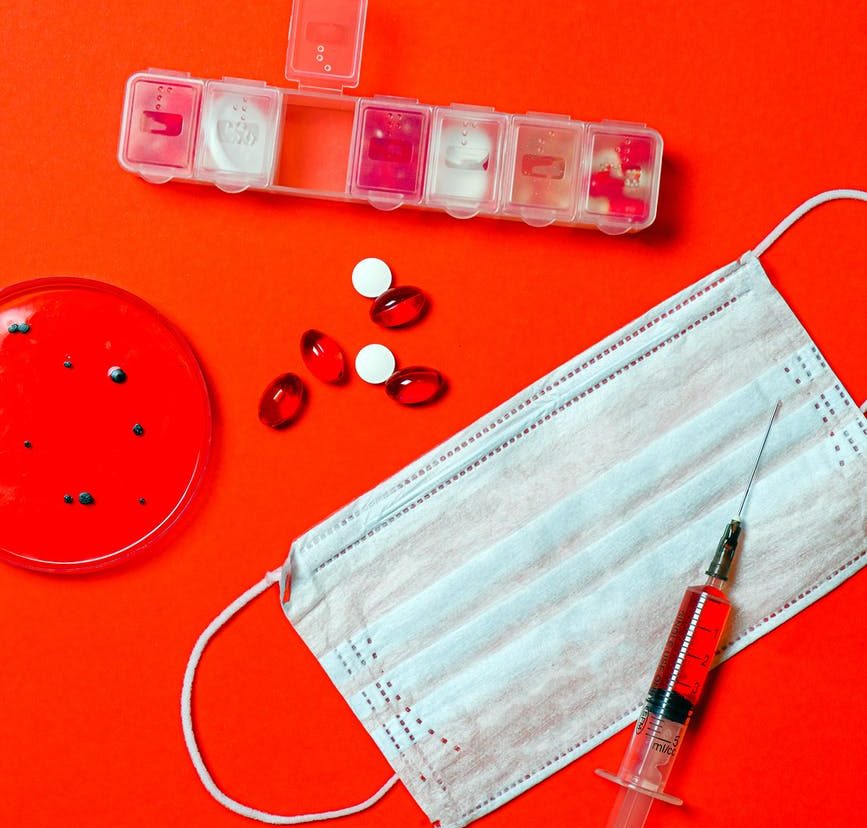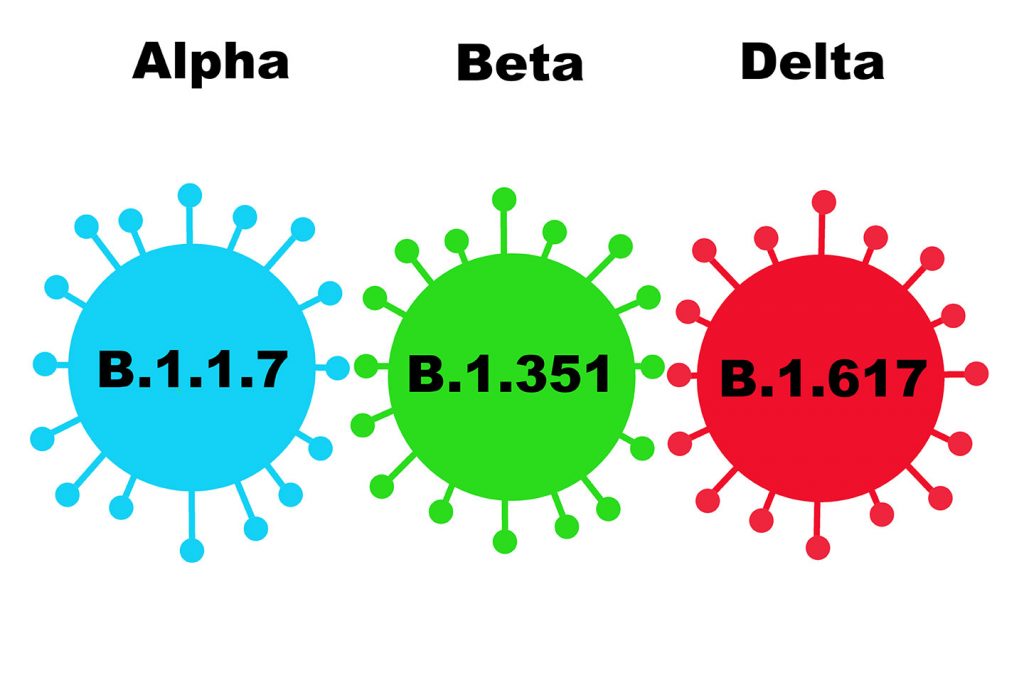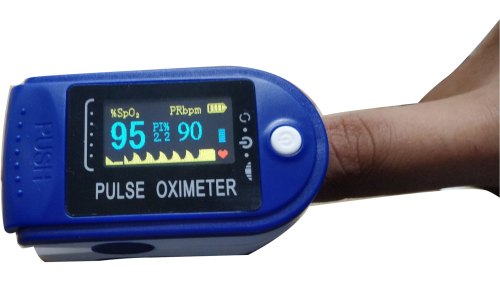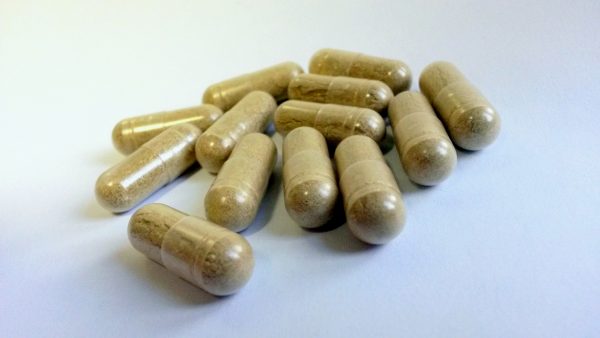As numbers continue to skyrocket, here’s what to do in an emergency.
By Ashima Sethi
Earlier this week, reports confirmed that Bangkok was running short on beds for COVID-19 patients. As hospitals are overflowing, the very grim reality is that anyone who falls sick now will most probably need to battle the illness at home. As a result, we’ve compiled this resource for anyone who might be in this position, who might have loved ones who have fallen sick, or require immediate third party assistance.
Please note that all information presented in this guide is based on the research/experiences of outside parties. Therefore, it is entirely at your discretion to use/apply these suggested treatment methods. If and when you are unsure, we whole-heartedly recommend getting in touch with a medical professional to discuss your situation (numbers available below).
Important Phone Numbers (in the event someone is very ill or needs a bed)
Ministry of Public Health: 1668 press 1. If you can’t get through, add them on LINE: bit.ly/Covid-1668
National Institute For Emergency Medicine: 1669 press 2
National Health Security Office: 1330 press 0
Ambulance and Rescue Hotline: 1554
Medical Emergency Call: 1669
Office of International Cooperation (OIC) under the Department of Disease Control (DDC): 096 847 8209 (foreigners) and Thai hotline is 1422
Chat Bots
Sabaidee Bot: LINE @sabaideebot or bit.ly/Covid-SaBaiDee
BKK Covid-19 Connect: LINE @bkkcovid19connect or bit.ly/Covid-BKK
I Will Survive: LINE @iwillsurvive or bit.ly/Covid-iwillsurvive
Thai PBS: LINE @rongtookthaipbs
Back Home: LINE @backhome
Facebook Pages
Facebook: @savethailandsafe
Facebook: @notdoctorbutcare
Facebook: @boompanadda2000
Facebook: @newsshow32
Websites with Real-time Information
Jitasa.Care (shows a real-time map of COVID-19 cases in the city, allows you to call for help via phone GPS, shows nearby hospitals with vacancies, and available testing centres)
King County (has information about when and where to test, symptoms to look for, advice for businessowners and office workers, and more)
The World Health Organisation Database (their Google site has a plethora of infographics covering frequently asked questions and resources for mental and physical well-being)
Corona Tracker Thailand (database of news stories related to COVID-19 in the Kingdom)
Twitter Accounts
Thai Enquirer (statistics about COVID-19 cases per day, breaking news)
Thai New Reports (followed by foreign journalists and diplomats, great for real-time news)
Richard Barrow (expat blogger, great for breaking news, travel updates)
DNA Rescue (Doctor and Nurse Association, volunteer medical professionals)
Twitter Resource Page for Thailand (view all trending posts on Twitter in Thailand linked to COVID-19)
PR Thai Government (Thailand’s Government Public Relations Department, breaking news)
Hospitals offering Teleconsultation and Virtual Doctor Consultation
According to the National Health Security Office, fill in the form available at this link to be connected virtually to medical health services. They will be able to send you necessary medicines and check on you from time to time while you remain in home isolation.
Many hospitals across Bangkok also offer teleconsultation services, including Samitivej, Bumrungrad, BNH, and several others.
What to know about the Delta variant
As the pandemic continues to surge, health officials across the globe are keeping an eye on new coronavirus mutations. In order to survive, viruses are known to constantly adapt, with new variants emerging when a viral strain has new mutations that differ from the ones previously discovered. Currently, health officials are most concerned about the Delta variant, which is proving to cause a more severe illness and is highly transmissible in comparison to the Alpha variant. Health officials have said this variant is as transmissible as chicken pox.
The symptoms of the Delta variant are more or less the same as the variants discovered before it. These include persistent cough, headache, fever, sore throat, weakness, chest pain or tightness, and difficulty breathing. It has been reported that the loss of smell and taste is less common with the Delta variant. Less common symptoms of the coronavirus as a whole include runny nose, muscle pain, diarrhoea and stomach pain, rashes, and discolouration of fingers and toes
Treating COVID-19 at Home
If you suspect you have COVID-19, do not panic. Immediately isolate yourself from others in your home (including any pets), wear a mask, and if you have to share spaces with them maintain a one metre distance. Source a home test or visit a medical facility of for a RT-PCR swab test. If you test positive, cooperate with medical professionals for contact-tracing purposes and contact anyone you might have been in close proximity with.
If you are quarantining at home, stay at home. Do not go to work, school, or any public places. If you require supplies, ask someone to drop them off at your door. Keep your hands clean, keep your room well-ventilated, monitor your symptoms for the full 14 days keeping an eye out for dangerous signs such as difficulty breathing, chest tightness or pain, loss of mobility, and confusion. Read this guide about sleeping positions and the benefits of that proning has for your oxygen intake.
Make sure nobody uses the same dishes or cups as an individual who is sick with the coronavirus. Same goes for clothing, towels and bed linens, wash these separately. Try not to share a bathroom with someone who is ill with COVID-19, clean all shared surfaces and doorknobs regularly. All waste, such as tissues and wipes, need to be disposed in one dedicated bin and treated as dangerous waste that should not be handled by anyone else. Seal it, and dispose correctly. Make sure the people coming to collect your trash are aware it is hazardous.
Equipment to consider purchasing include a thermometer to keep tabs on your fever (a fever of 103 degrees Fahrenheit/39.4 Celsius or higher is dangerous) and a pulse oximeter (available online and at many pharmacies across the city for approx. THB 700 to THB 1,000), this will allow you to keep track of your oxygen levels. Anything below 92 percent is considered dangerous and you have to contact emergency services immediately.
For anyone who has access to an oxygen concentrator, this can be used for patients who require additional oxygen. However, it is imperative to consult with a medical professional about setting the machine up to ensure that the patient is getting the right amount of oxygen according to their pulse oximeter reading. Do not try to set this up without the help of a medical professional.
If you are facing moderate symptoms, here are some courses of treatment that will sooth your symptoms. For fever and body pain, take over the counter painkillers such as acetaminophen (Tylenol or Paracetamol), do not take Ibuprofen. Make sure to keep your body hydrated, drink a lot of water and electrolytes to balance out your salt levels (especially for those with gastrointestinal problems). If you are facing symptoms of respiratory discomfort, steaming can help ease feelings of irritation. Make sure to steam properly as air that is too hot has potential to damage your airways.
Ensure a high intake of Vitamin C, vitamin D, and Zinc. These will not cure COVID by any means, but they will help power your immune system while you are battling the illness. Vitamin C helps keep your leukocytes healthy, the white blood cells that fight off infection. Vitamin D regulates blood sugar, and helps keep the heart, vessels, lungs and airways healthy. Zinc is crucial for the development of cells that make up the immune system.
Although there have been plenty of infographics circulating about herbs like turmeric and ginger curing the coronavirus, this is not scientifically proven, so please do not depend on herbal remedies alone in the treatment of the disease. Drinking warm beverages like tea or broth can help you break down mucus build up and warm up your airways. Same goes for hot water with honey and ginger, this can be used to soothe a sore throat.
The Thai FDA have greenlighted the use of Green chiretta (Andrographis paniculata), more commonly known as fah talai jone, to treat mild symptoms of COVID-19. The herb has been used in countries like China, India and Thailand to treat an array of ailments for centuries and is said to help ease symptoms of sore throat and mild respiratory discomfort. It is believed that the herb slows down the viruses ability to replicate, thus helping patients recover faster. Please keep in mind that if you are pregnant, breastfeeding, have kidney or liver problems, or take medication for heart disease, blood pressure, and blood thinners, do not take this medication.
According to guidelines set out by the Ministry of Public Health, these are the courses of treatment recommended for various at-risk groups:
Mild case in high risk group with any of the following conditions; age >60 years, lymphopenia, chronic pulmonary disease, chronic kidney disease, heart failure, obesity, cirrhosis and any immunocompromised condition, recommend the following dual therapy:
• Chloroquine (250 -500 mg) per day
• Lopinavir/Ritonavir (400/100) two times per day or alternative regimens such as Darunavir/Ritonavir (900/100) once daily or Darunavir/Ritonavir (600/100) two times per day. If infiltration is found on chest x-ray within 48 hours, add Favipiravir (antiviral), same as treatment of pneumonia case for 10 days.
For pneumonia cases recommend three drugs combination:
• Chloroquine (500-1000 mg) per day
• Favipiravir (antiviral) (200 mg) 8 tablets two times on Day1 then 3 tablets two times per day from Day 2-10 or Favipiravir 60 mg/kg of bodyweight (in patient with BMI ≥35kg/m2)
• Lopinavir/Ritonavir (400/100) two times per day or alternative regimens Darunavir/Ritonavir (900/100) once daily or Darunavir/Ritonavir (600/100) two times per day.
This guide will be continually updated with more information.
Should you have any immediate concerns, please call emergency services.









